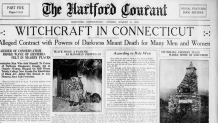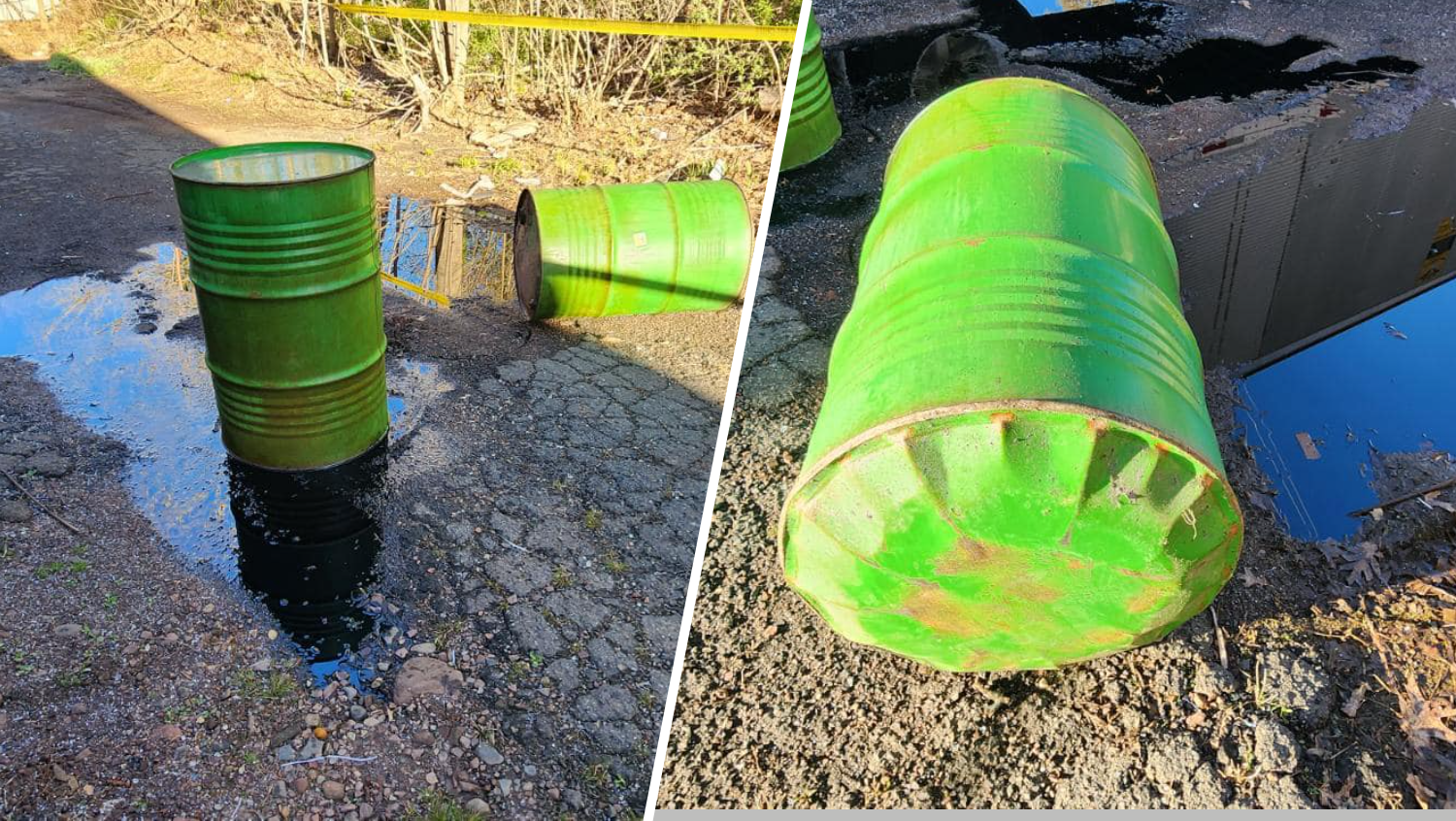Decades before the infamous Salem witch trials began, there were witch trials and executions here in Connecticut. In fact, the first witch-hanging in all the English colonies happened in 1647 when Alse Young was hanged in Hartford.
Now, there is a movement to have her, and those who were convicted, exonerated by the state.
The first hanging was 32-year-old Young, of Hartford. She was the inspiration for the book “One of Windsor.” Author Beth Caruso is now helping lead a movement to have Young and others exonerated.
“These people, if you hear the specific stories of why they were accused, I mean it’s just ridiculous,” Caruso said.
Get Connecticut local news, weather forecasts and entertainment stories to your inbox. Sign up for NBC Connecticut newsletters.
Caruso has researched Connecticut’s witch trials and explains Young was suspected of witchcraft when a wave of deadly influenza swept through Windsor in 1647.
“There were many, many children that died, and coincidentally several right next-door to Alice Young, while her own daughter lived,” Caruso said.

Suspicion led to execution. Just as it did for Farmington’s Mary Barnes, who was hanged in 1662. The ninth generational great granddaughters of Barnes and Young say witch-related convictions were unjust.
Local
“If you walked into someone’s barn and their cider went sour, they accused you of being a witch,” said Rosemary Lang, the ninth generation great granddaughter of Mary Barnes.
Susan Bailey, Young’s ninth generation great granddaughter, agrees.
“There was so much misunderstanding then about disease and everything was blamed on the supernatural,” Bailey said.
All of Connecticut’s witch hangings happened before even the first of the infamous Salem witch trials. They started in 1692.
Now, nearly four centuries later, State Representative Jane Garibay, who was contacted by Caruso, who is her constituent, is trying to clear people’s names for their families.
“It’s their history. It’s their background,” Garibay said, explaining that she is aiming to bring those families peace.
Exonerations have already happened in New Hampshire, Virginia and Massachusetts. That includes all involved in the Salem trials.
Alse Young preceded all of those and now her family is hoping the latest movement brings modern justice.
“To exonerate them will go a long way toward bringing peace to the descendants who, I’m sure feel the way I do, that it was just a terrible wrong,” Bailey said.
This is not the first time exoneration has been explored by the state. In 2009, former state senator Paul Doyle led a similar push, though unsuccessfully.
“At the time, there really wasn’t too much support for it at the state capitol. There was, I hate to say it, a little chuckle and not a lot of support,” Doyle said.
Doyle said today’s climate is different and a may provide the movement more fertile ground - something that gives supporters inspiration.
“I’ve never seen such energy behind it,” Caruso said. “So, I’m very hopeful.”
Garibay is very early in the process and said she is still gathering information before determining exactly how to proceed.



